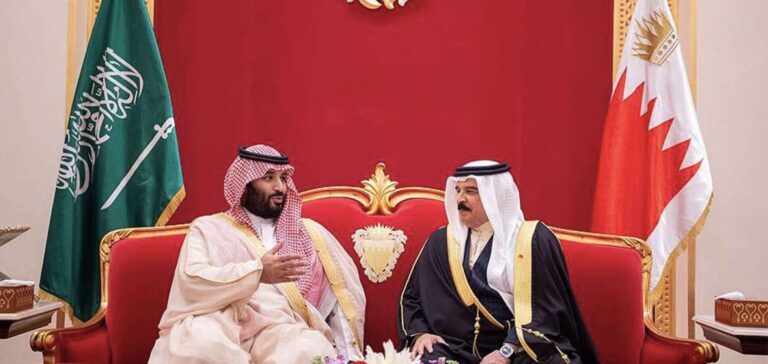The Kingdom of Bahrain announced on Sunday, October 24, 2021 that it was aiming for carbon neutrality by 2060, the day after an identical announcement from neighboring Saudi Arabia and just a few days before the opening of the international climate conference(COP26) in Scotland.
A circular carbon economy
Bahrain “aims to achieve carbon neutrality by 2060, in order to meet the challenges posed by climate change and to protect the environment”, according to the official agency of this small Gulf country.
Bahrain will build a “circular carbon economy” and offset its emissions by capturing carbon and planting trees.
Bahrain was the first Gulf Arab country to produce oil in 1932, but the country is the least wealthy of the Gulf oil monarchies, its crude reserves having all but dried up.
The kingdom is not a member of OPEC
The kingdom, which is not a member of OPEC, does not export crude oil, but only refined products.
It does, however, produce 200,000 barrels a day, which accounts for 80% of its revenues.
In 2008, Bahrain announced the discovery of over 80 billion barrels of shale oil.
According to the United Nations, more than 130 countries have set or plan to set themselves the target of reducing greenhouse gas emissions to a net zero level by 2050, a goal the UN deems “imperative” to preserve a livable climate.






















